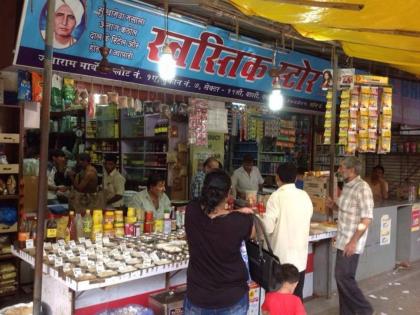Supreme Court Criticizes Free Grain Distribution, GROMA Urges Government to Reconsider Policy
By Amit Srivastava | Updated: February 13, 2025 16:50 IST2025-02-13T16:50:14+5:302025-02-13T16:50:55+5:30
Mumbai – The Supreme Court recently criticized the central government over its free grain distribution policy under the Public Distribution ...

GROMA Opposes Free Grain Distribution, Warns of Economic Fallout
Mumbai – The Supreme Court recently criticized the central government over its free grain distribution policy under the Public Distribution System (PDS). In response, the Grain, Rice, and Oilseeds Merchants Association (GROMA), Navi Mumbai, has urged the government to reconsider its approach, citing severe economic consequences for the trading community.
GROMA, a 125-year-old association representing grain traders, has been vocal against the free distribution of food grains, arguing that while helping the needy is essential, the current system is unsustainable and contributes to corruption. Instead, the association has repeatedly appealed to Prime Minister Narendra Modi, Home Minister Amit Shah, and other key leaders to implement a Direct Benefit Transfer (DBT) system.
According to GROMA President Bhimjibhai Bhanushali, transferring a fixed amount directly into the bank accounts of beneficiaries would enable them to purchase grains of their choice—such as jowar, bajra, maize, and ragi—from the open market. This would prevent market distortions, protect traders from financial losses, and give consumers more autonomy over their food choices.
The association also criticized the government's Bharat Brand, under which flour, pulses, and rice are being sold at heavily subsidized prices. They argue that this move is harmful to the economy, as it contradicts the government’s own push for higher Minimum Support Prices (MSP) for farmers while simultaneously selling food at minimal or no cost.
“The government’s approach is severely impacting traders, reducing business opportunities, and putting their survival at risk. If this continues, many traders may be forced to shut down, leading to widespread unemployment,” said Bhanushali.
GROMA has urged the government to reassess its policies and, at the very least, heed the Supreme Court’s concerns to ensure the stability of the grain trade and the broader economy.
Open in app